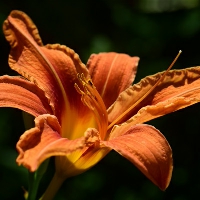1. Where is Spring
Where is spring?
Spring is in the song of the swallow;
Spring is in the willow buds;
Spring is in the sweat of the farmer's uncle;
Spring is in the petals of peach blossoms.
2. Related information:
Where is the wind? You don't know, I don't know. You see, the five-star red flag is fluttering in the wind, and the wind has passed there. Where is the wind? You don't know, I don't know. You see, the windmill rotates gently, and the wind has passed there. Where is the wind? You don't know, I don't know. Look, the grass nods slightly, and the wind has gone from there (View full text)
Imitated Poetry I Where is Spring (Senior Class)
The design idea of imitating and editing the poem Where is Spring (Big Class): Where is Spring? This poem appears in the form of lyrics, but it has a neat format, pays attention to rhyme, reads catchy and poetic. Where is spring? The poetry that starts with this question unfolds a broad picture and also provides children with it (View full text)
3. Where is spring?
Where is spring? Where is spring? Spring is in the flowers: the flowers of spring bloom and smile, bees hum and sing, and butterflies dance. Where is spring? Spring is in the stream: the waves of spring are gently rippling, the fish are playing heartily, and the shrimp are playing the piano in the grass. Where is spring? Spring is in the sky.

